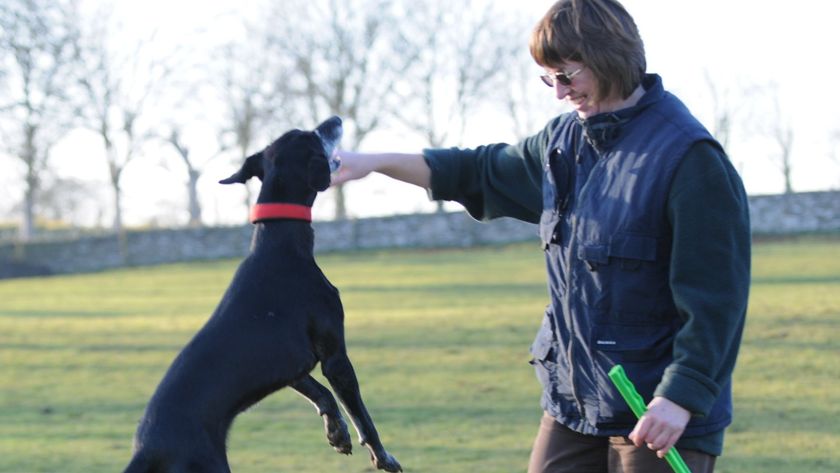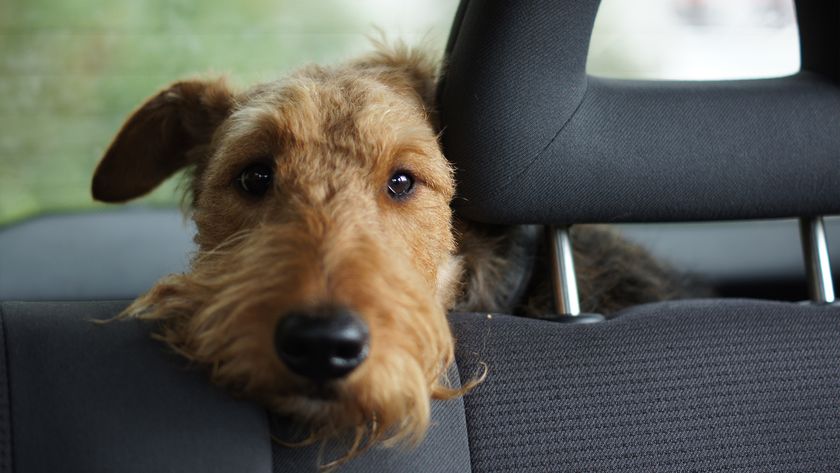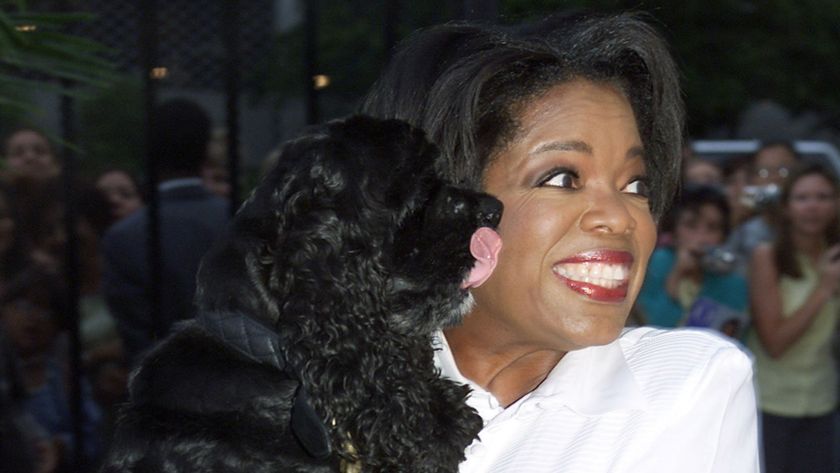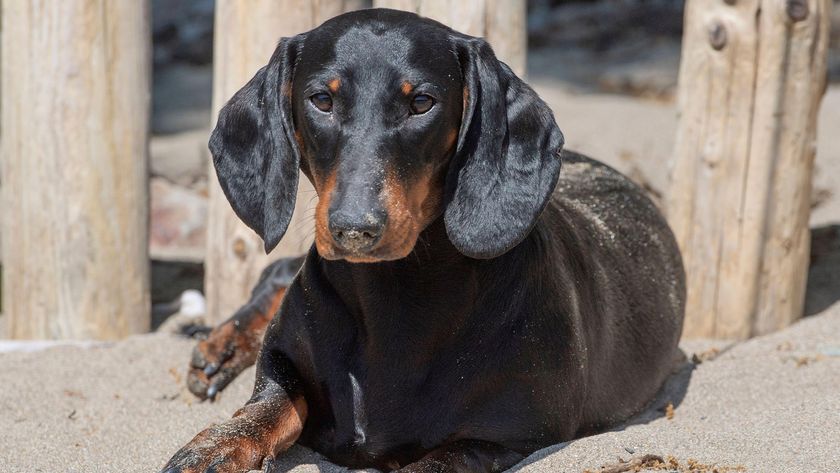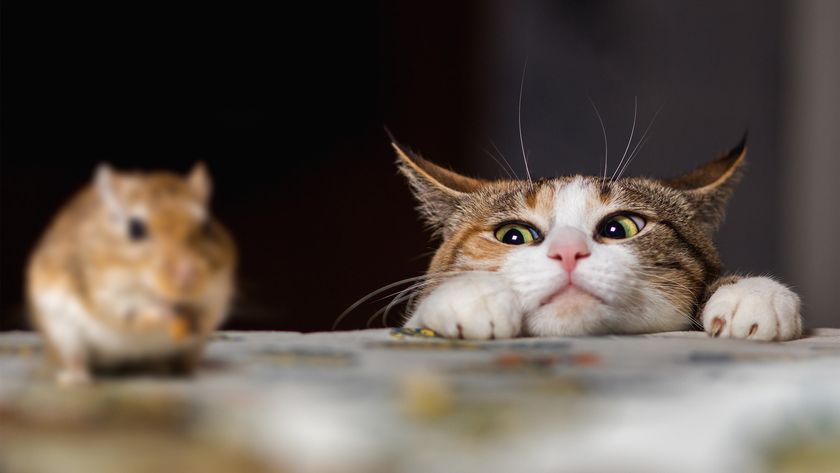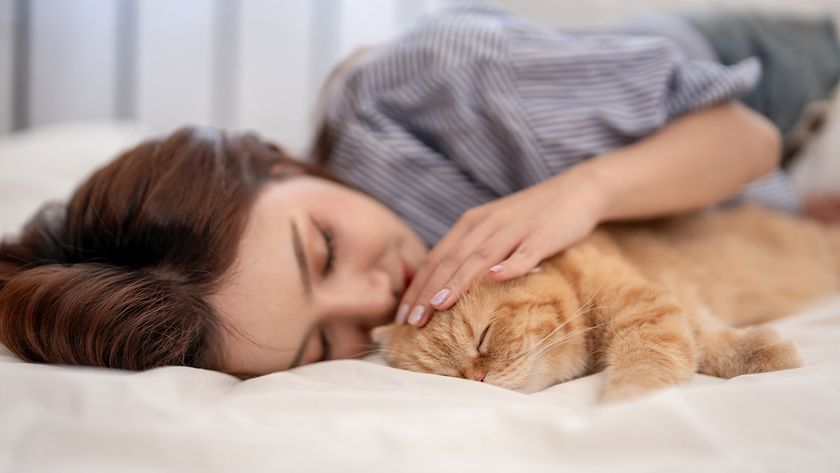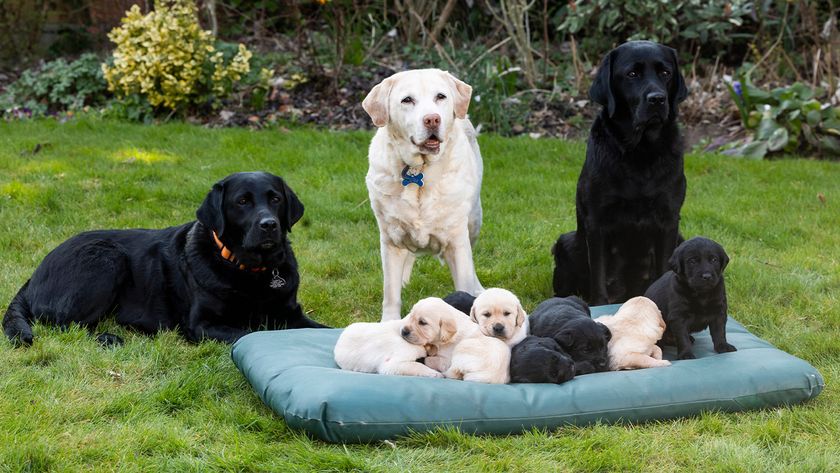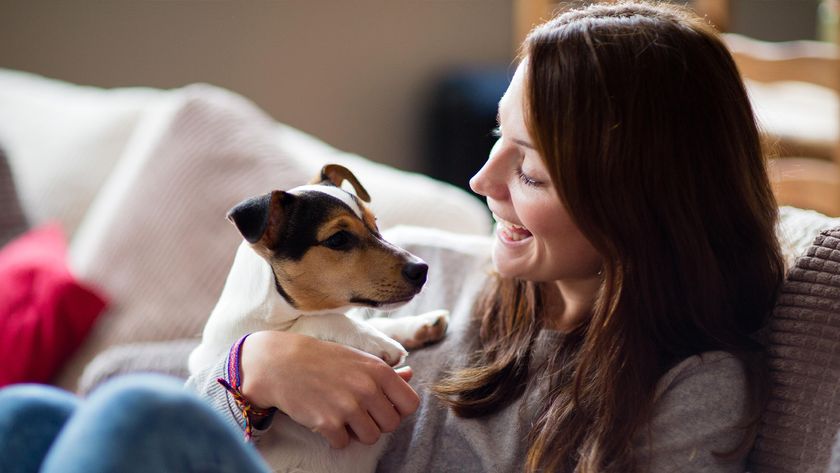Trainer shares 4 simple reasons why your dog might be scooting – and what you can do about it
It’s usually easily sorted, but you’ll probably need a visit to the vet
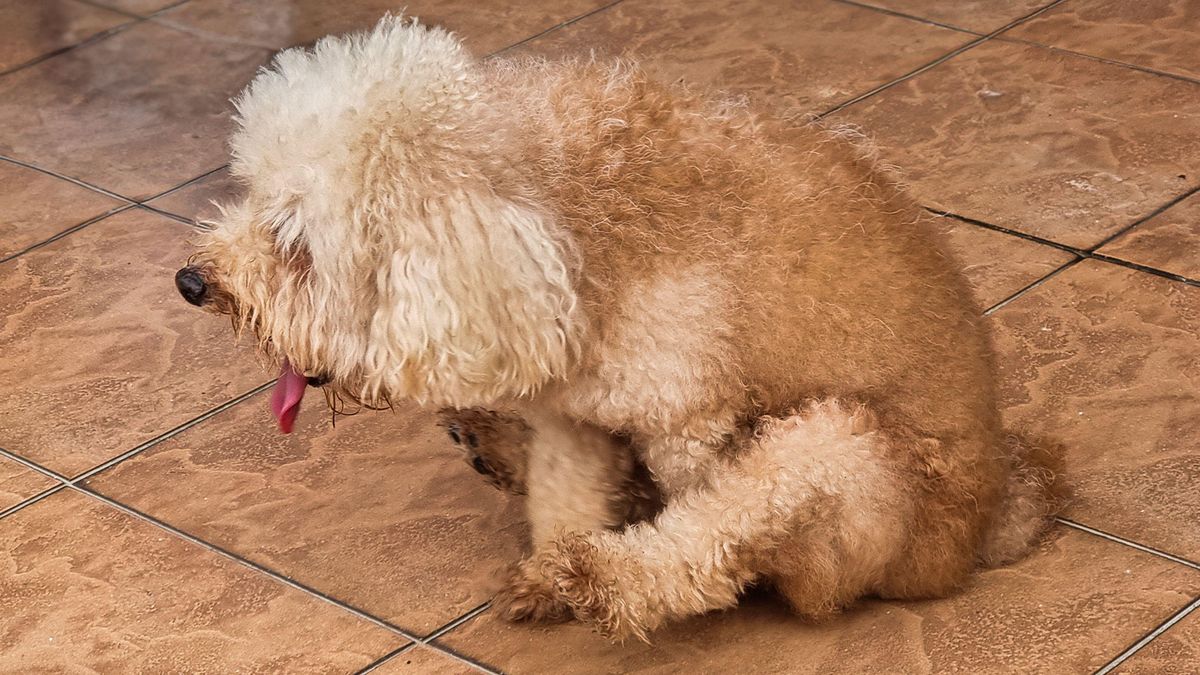
Does your dog ever scoot? For many dog parents, scooting is something that’s thought of as a little gross, while others find it amusing because it’s not something we expect from our pups every day.
However, dog scooting is often an indicator that something’s wrong with a dog’s rear end – their stomach might not agree with your decision on the best dog food, for example.
“Some dogs do learn to scoot because it makes humans laugh or gets a reaction,” says Annie-Mae Levy, a certified dog trainer and behaviorist at Woofz. “But if your dog rubbing their butt against the floor is new or happens way too often, you should be concerned.”
And that’s why Levy is on hand to outline four reasons why your dog might be scooting and what we can do to help them – let’s take a look.
1. Full or impacted anal glands
Not the most pleasant phrase to read, is it? Dogs have small glands on either side of the anus, and they contain an oily secretion that smells unpleasant – sometimes fishy or metallic.
Usually, it’s released when your dog goes to the bathroom to aid in scent marking, but if the glands aren’t emptied properly they can become swollen and cause discomfort.
So, if your dog seems to be scooting a lot, it’s best to take them to the vet to find out if they need their glands expressed. You might also decide to speak to them about introducing more fiber into your dog’s diet, too.
PetsRadar Newsletter
Get the best advice, tips and top tech for your beloved Pets
2. Worms
Sometimes, intestinal parasites – like tapeworms – can cause your dog to scoot. They cause itching around the anus, causing your dog to try to scratch that itch along the floor. “In some cases, you may even see small, rice-like segments near your dog’s rear,” says Levy. “However, unlike impacted anal glands, there will be no unpleasant odor.”
If your pup is scooting, a trip to the vet will help you find out if you might need to treat your dog for worms.
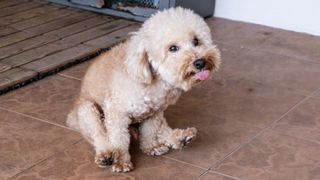
3. Allergies or irritation
Sometimes, a change in diet can lead to allergies and, in turn, itchy skin. When your dog has a food allergy, their immune system identifies harmless ingredients as harmful – this is where the allergic reaction comes from.
Old age can be an influence, too. Or, it might be that you’ve recently changed your dog’s diet.
“It's important to consult your vet, who may recommend a hypoallergenic diet or antihistamines,” says Levy. “An elimination diet could be an option, too.”
4. Diarrhea or dirty fur
“When a dog has diarrhea, it can create discomfort around the anus because the stool doesn’t form properly, making it harder for the anal glands to empty or leaving residue stuck to the fur,” explains Levy. “This can lead to itchiness or irritation.”
If you have a dog with diarrhea, get a pet-safe wipe (like these on Amazon) and clean their rear end gently. If diarrhea continues, take a look at their diet and visit your vet if you have any concerns.
Ultimately, scooting might not be pleasant, but it’s one of those weird things dogs do that are actually completely normal behaviors for their species. It’s just best to be cautious and speak to your vet if you’re worried.
If you’re a cat parent and you want to find out about scooting, this article may be helpful: Cat scooting: It is normal or a sign of a problem?

Adam is a freelance journalist specialising in pets, music and culture, and mental health and wellbeing. He investigates and writes the large majority of news on PetsRadar, and collaborates with veterinary experts to produce informative pet care content.
Adam has a journalism degree from Southampton Solent University and a masters degree in Magazine Journalism from Cardiff University. He was previously senior editor at dog advice website DogTime.com, and has also written for The Independent, GoodToKnow and Healthline.
He owns two rescue cats, Bunny and Dougie, and has also previously had a rabbit, fish and Roborovski dwarf hamsters.
